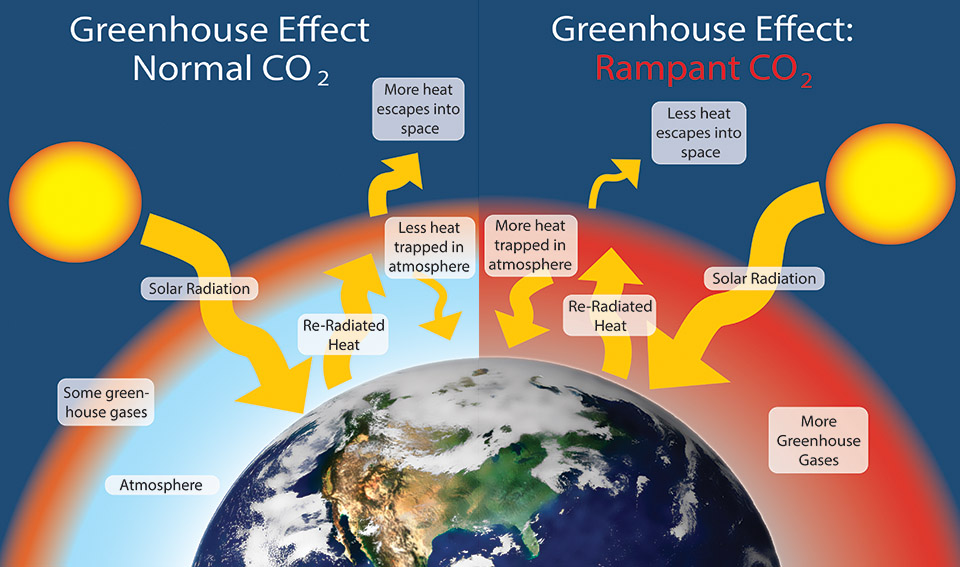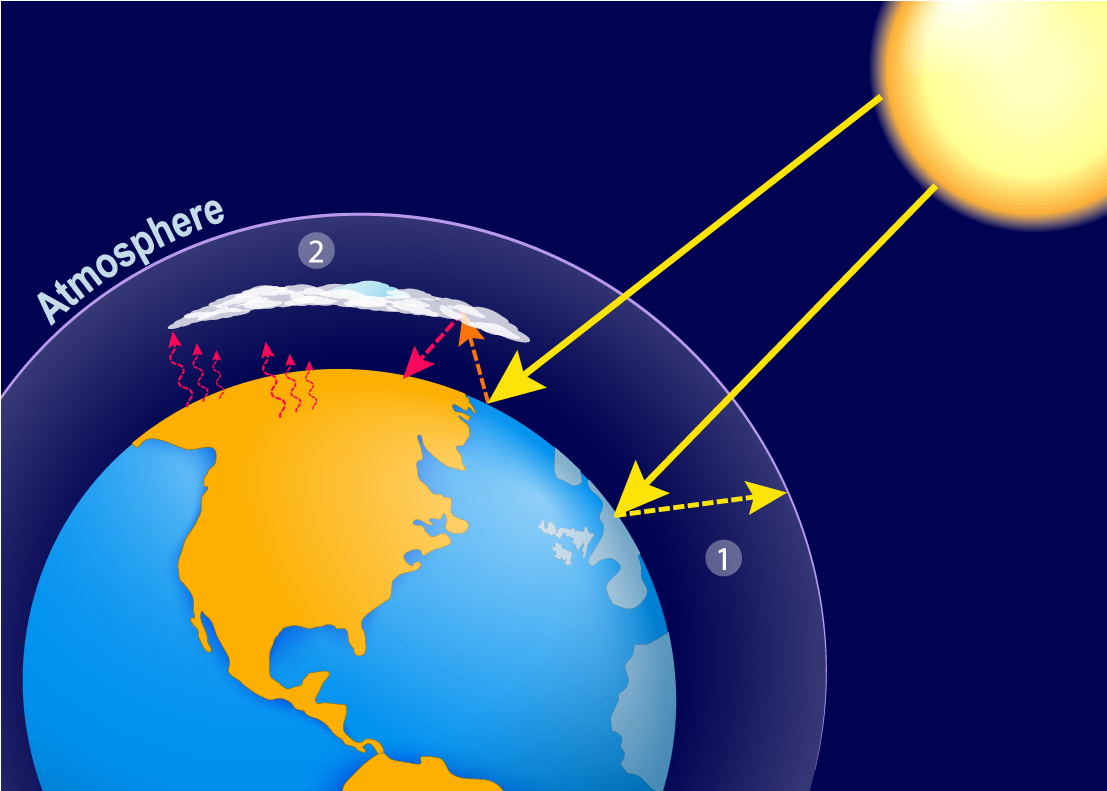
Greenhouse gases can be reduced by phasing out fossil fuels, such as coal, oil and gas, and moving to renewable energy, such as solar and wind. What can be done to reduce greenhouse gases? SF 6, which is used in high-voltage electricity equipment, has a ‘Global Warming Potential’ 23,000 times greater than CO 2. Though they are present in very small concentrations in the atmosphere, they trap heat very effectively, meaning they are extremely potent. In contrast, the three industrial fluorinated gases – hydrofluorocarbons (HFC), perfluorocarbons (PFC) and sulphur hexafluoride (SF 6) – are solely man-made during industrial processes and do not occur in nature. The group of gases detailed above are naturally produced, but their increasing atmospheric concentration is man-made. It increases as the earth's atmosphere warms but unlike CO 2, which can remain in the earth’s atmosphere for centuries, water vapour persists for a few days. Water vapour is the most abundant greenhouse gas. Nitrous oxide is produced through the large-scale use of commercial and organic fertilisers, fossil-fuel combustion, nitric-acid production and biomass burning. Large amounts of methane is released by cattle farming, landfill waste dumps, rice farming and the traditional production of oil and gas. But again, human activity has displaced the natural balance. This GHG is produced naturally through decomposition. Due to its abundance, CO 2 is the main contributor to climate change. But the atmospheric CO 2 concentration has increased by 47% since the Industrial Revolution began in the 1800s, due to human activities like the burning of fossil fuels and large-scale deforestation. Global temperatures have accelerated in the past 30 years and are now the highest since records began.ĬO 2 is released through natural processes, such as volcanic eruptions, plant respiration and animals and humans breathing.

In the past century that amount has increased dramatically, with the knock-on effect of global warming. Since the Industrial Revolution, humans have been releasing larger quantities of greenhouse gases into the atmosphere.


Scientists agree greenhouse gases are the cause of global warming and climate change. Without this greenhouse effect, temperatures would drop to as low as -18˚C (-0.4˚F) too cold to sustain life on earth.īut human activities are changing earth's natural greenhouse effect with a dramatic increase in the release of greenhouse gases. The gases act like the glass walls of a greenhouse – hence the name, greenhouse gases.

Greenhouse gases and the greenhouse effect That's what keeps the earth’s temperature at an average 14˚C (57˚F). But some of the heat is trapped by the greenhouse gases in the atmosphere. At night, earth's surface cools, releasing heat back into the air. During the day, the sun shines through the atmosphere, warming the earth’s surface.


 0 kommentar(er)
0 kommentar(er)
